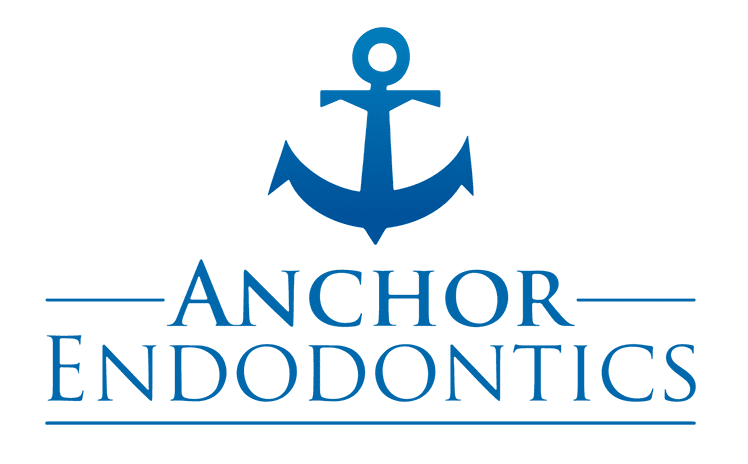
An Endodontist is a dentist with extensive training in the treatment of problems in the root canal of a tooth. This specialty training takes two or more years beyond dental school which means an Endodontist is an expert in the various root canal treatments. Endodontics is a branch of dentistry recognized by the American Dental Association involving treatment of the pulp (root canal) and surrounding tissues of the tooth. After successful endodontic treatment, the tooth continues to perform normally.
Root Canal Therapy
An endodontist uses specialized and advanced technology to treat tooth pain and perform root canal treatment. Root canals are most often necessary when decay has reached the nerve of the tooth or the tooth has become infected. People have anywhere from one to four canals in a tooth. Extra canals may branch out and are called “accessory canals.” The number of canals and anatomy of a tooth can vary.
When a tooth is infected or at risk of infection, root canal therapy can often save the tooth. The procedure involves removing the dental pulp and replacing it with a filler material that preserves the tooth and prevents infection. Root canal therapy can be done proactively to prevent infection or retroactively to treat a tooth infection.
GentleWave Procedure:
A Different Approach to Root Canal Therapy
The GentleWave® Procedure takes a different approach to root canal therapy, using a minimally invasive protocol designed to help preserve optimal tooth structure and promote the long-term sustainability of the tooth.
Comfortable
Many patients — especially those who have previously undergone standard root canal treatment — describe the GentleWave Procedure as comfortable.
Convenient
Standard root canal treatment often involves multiple visits to your dentist or endodontist. The GentleWave Procedure can usually be completed in just one visit.
Clean
The GentleWave Technology combines energy with optimized disinfecting fluids to flush away debris and tissue from your tooth’s root canal system.
Other Endodontic Procedures
SEDATION OPTIONS
The team at Anchor Endodontics understands the "reputation" associated with root canal treatment. While some patients sleep through their treatment others have a high level of fear and anxiety. For these patients we offer three different sedation options. Our goal is to remove any barriers that would prevent a patient from seeking tooth saving treatment. Below are descriptions of the various types of sedation we offer. Please consider which option might be right for you.
Looking for a practice in the

